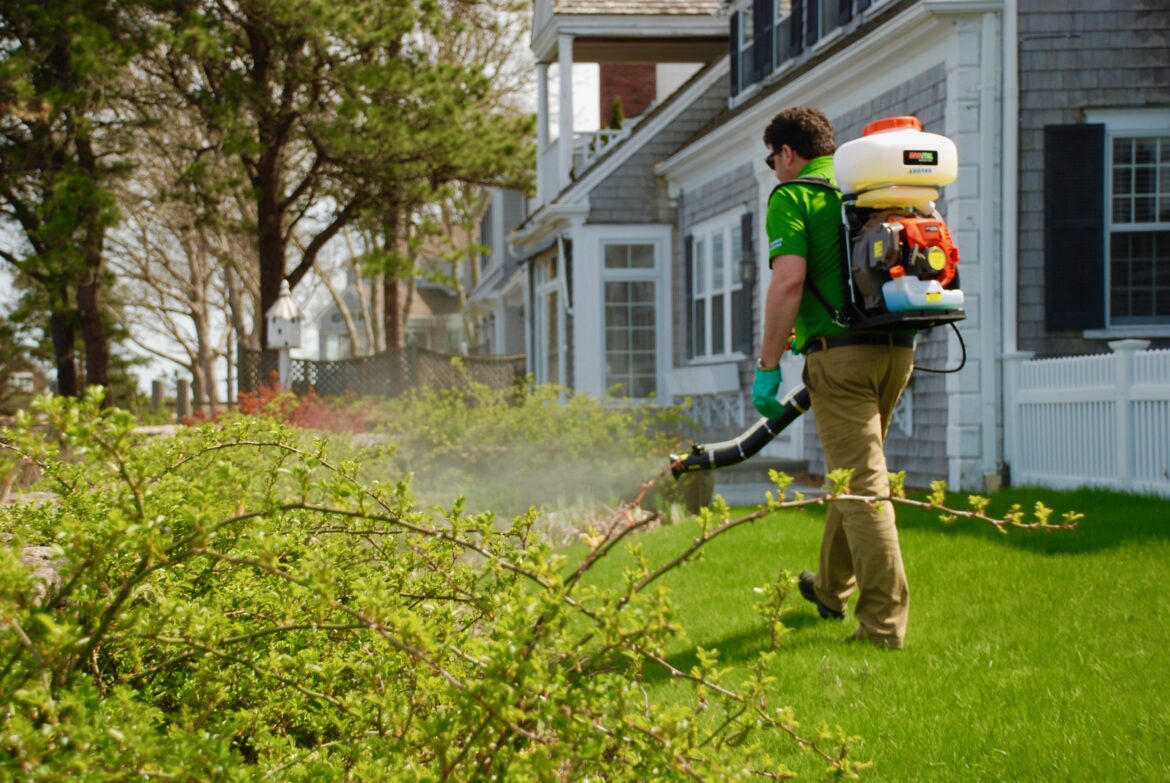In the summertime, few things are more frustrating than being bitten by mosquitoes. These bloodsuckers can ruin a fun day outdoors and transmit deadly diseases like the Zika virus. That’s why it’s important to understand the mosquito control methods used to keep us safe. This post will explore the two most common types of Mosquito Spraying Cape Cod: thermal fogging and misting. We’ll also take a look at some of the pros and cons of each method.
What is mosquito spraying?
Mosquito spraying is the application of insecticides to control or eliminate mosquitos. Mosquito spraying can be done in two ways: 1) by spraying the insecticides directly onto the mosquitoes or 2) by spraying the insecticides onto the environment in which the mosquitoes live. The most common way to spray for mosquitos is through ground-based fogging or aerial spraying. In ground-based fogging, a truck drives through a neighbourhood emitting a fog-like mist that covers the area. Aerial spraying involves aeroplanes or helicopters flying over an area and dispersing a fine mist that falls to the ground.
When is mosquito spraying done?
Mosquito Spraying in Cape Cod is typically done in the late spring and summer when the pests are most active. However, some municipalities will spray in the fall if the mosquito population is high. The decision to spray is made by public health officials based on surveillance data that tracks the number of mosquitoes carrying viruses like West Nile and Zika.

How does mosquito spraying work?
Mosquito spraying is a common way to control the spread of mosquito-borne illnesses. The process involves spraying a fine mist of pesticides into the air in order to kill mosquitoes and other pests. The pesticides used in mosquito spraying are approved by the Environmental Protection Agency (EPA) and are considered safe for human exposure. Mosquito spraying is most effective when done regularly in high-risk areas, such as neighbourhoods that have a lot of mosquito breeding grounds or areas with a high population density.
Is mosquito spraying effective?
Mosquito spraying is a common way to reduce the population of these pests and keep people safe from the diseases they can transmit. Spraying is highly effective in killing mosquitoes and preventing them from breeding. It’s important to note that spraying is done in targeted areas and does not affect other creatures or ecosystems. The chemicals used in Mosquito Spraying Cape Cod are also safe for humans and other animals.
Are there any dangers to mosquito spraying?
While mosquito spraying is an important step in preventing the spread of debilitating and deadly diseases, it’s not without risk. There are a few dangers associated with mosquito spraying, but they’re largely avoidable. For example, if you’re spraying near water, make sure to avoid contaminating it with the insecticide—it can be toxic to aquatic life. You should also avoid spraying in windy conditions, as the mist can drift and potentially cause harm to people or pets. As long as you take the necessary precautions, mosquito spraying is a safe and effective way to keep your community healthy.
Lastly,
Mosquito Spraying Cape Cod is an important public health measure that helps keep us safe from diseases carried by mosquitoes. By spraying insecticides in areas where mosquitoes are known to breed, we can greatly reduce the risk of mosquito-borne illnesses. While there are some risks associated with mosquito spraying, the benefits outweigh the risks by far.








